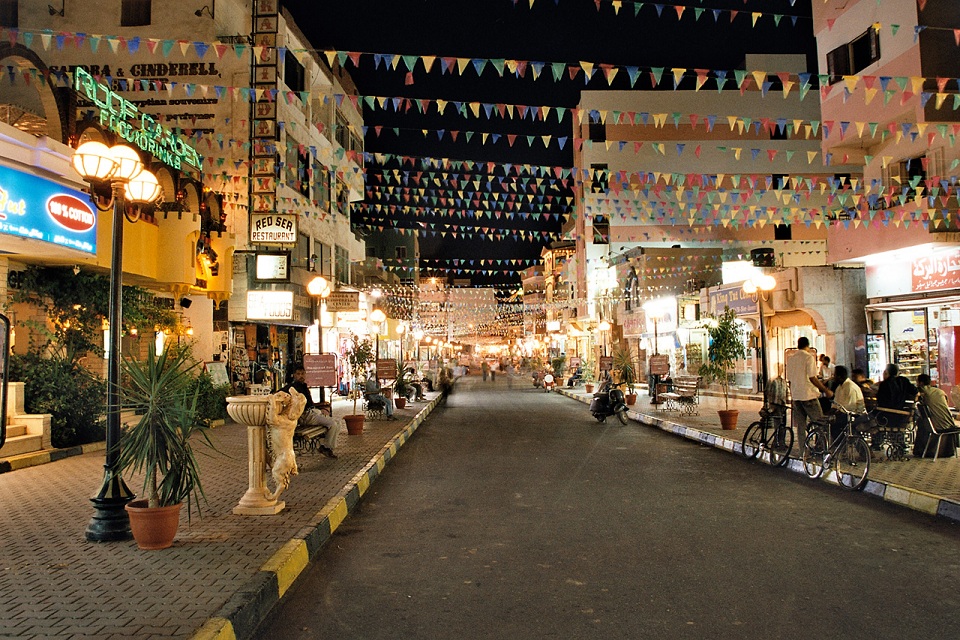CAIRO: The deputy prosecutor’s office for the Al Marg district released Adel Ahmed, 41, who had been arrested a few days earlier for selling his child to a lawyer for LE 17,000.
The decision to release the man baffled legal experts and social workers who disagreed with the deputy prosecutor that there were no legal grounds in Egyptian law that criminalizes selling one’s children to other people.
The infant’s parents, the purchaser and the two mediators involved in the case were arrested and detained for interrogation before the prosecution ordered the child be returned to his parents who protested the ruling, saying: “How can we take care of him when we can’t even provide for ourselves?
The culprit, Ahmed from Al Marg area, got married to his wife Sabah A. when he was 40. Sabah, 30, accepted his proposal despite the fact that he did not have a job or any reliable income, reported Al Masry Al Youm.
Their conditions worsened after they had their first child, but this did not deter them from having a second and a third, and by the time Sabah was carrying their fourth child, the family was starving from poverty.
Failing to find work, Ahmed fell into debt and thought of committing suicide several times before he ran into a driver in Ain Shams, who told Adel’s tragic story to a shop owner in Heliopolis.
Sympathetic with Adel, the trader said he had a way out for him. He contacted one of his acquaintances, an infertile lawyer from Heliopolis, who offered to buy the new-born.
This was the only way out for Adel after his debtors threatened to report him to the police. Even Sabah didn’t seem to mind after she saw her children in shabby clothes, torn shoes and sleeping on empty stomachs.
After several negotiations Adel agreed to give up his seven-month-old baby in return for LE 17,000.
When suddenly their life changed as the couple cleared their debts, ate meat for the first time, and bought their children new clothes, some watchful neighbors began to question the couple’s reversal of fortune and contacted the police.
Investigations led the police to all the parties concerned and the child was retuned to his father, who was asked to pledge in writing that he will take care of the baby.
But he protested: “How can I take care of him when I am starving? Who can find me a job so that I wouldn’t sell my own flesh and blood? The parents weren’t the only ones surprised by the deputy prosecutor’s decision.
Professor Mohammed Mostafa Yonis, dean of faculty of Law at Ein Shams University, criticizes Al Marg prosecution decision confirming that selling children or any human being in general is convicted in the international law, because it consider slavery.
He pointed out that Egypt has signed on international agreement prohibit slavery, and the Egyptian law must sanction with these agreements.
On the other hand, Gameel Kaldas, the former head of Appeal Court, confirmed that the deputy prosecutor decision was right because there aren’t any articles in the Egyptian law convict parents if they sell their sons, and the legal basis says that there isn t punishment without legal text.
He said the Egyptian legislator have to issue laws that incriminate such things, which have many aspects like selling organs commerce, and recently selling son.
Kaldas explained the Egyptian legislator didn t pay attention to such crimes because it wasn t possible some thing like this happened.

